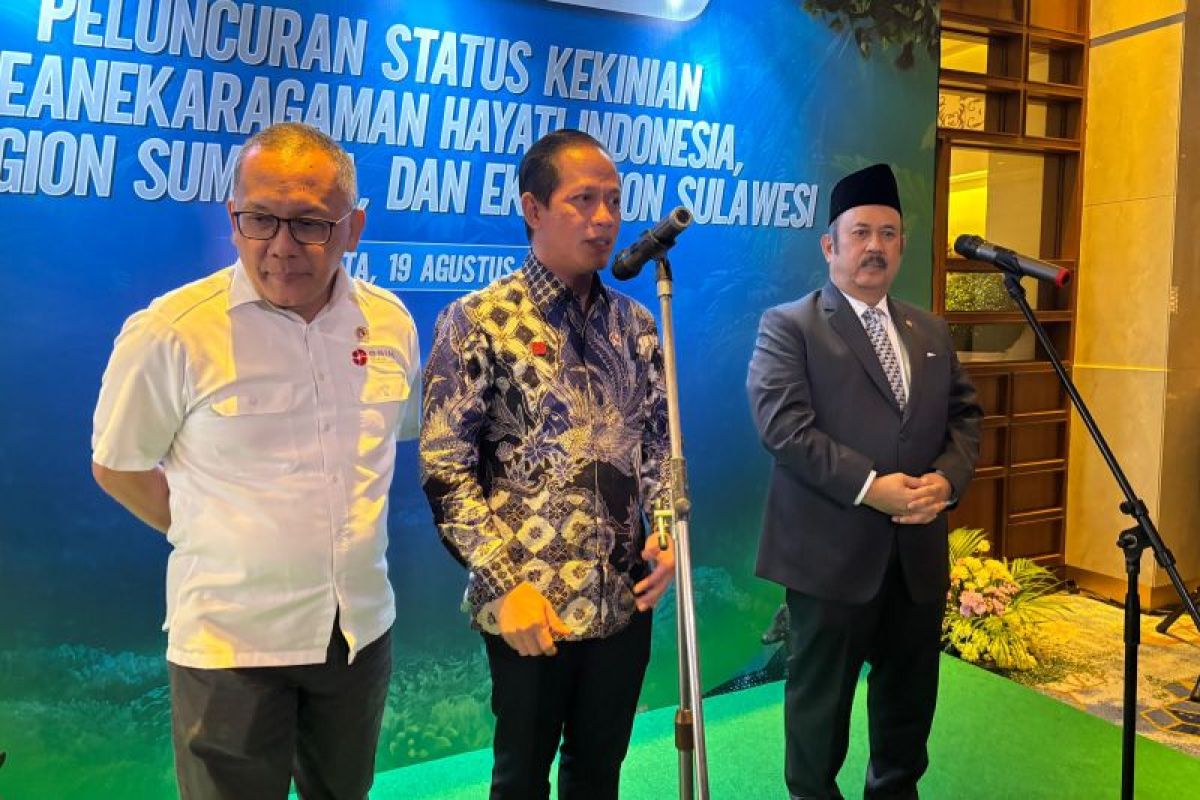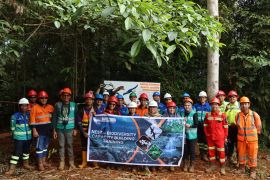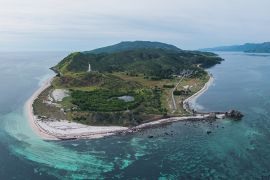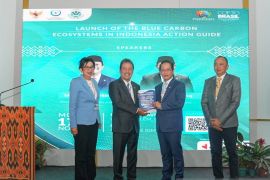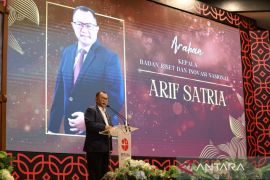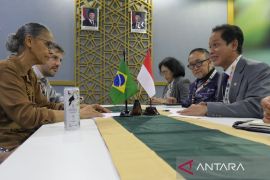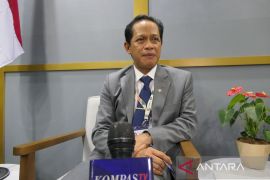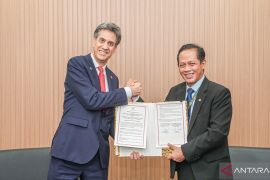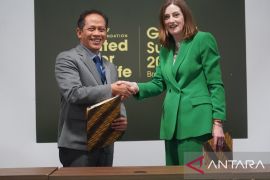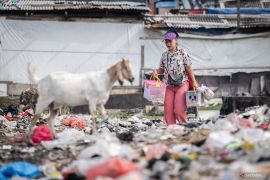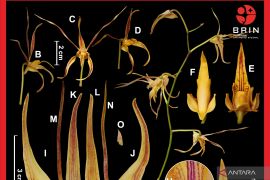“Biodiversity is an asset in national development, including its value as a genetic resource. There are dual benefits in the close connection between biodiversity and carbon, where what we recognize as non-carbon benefits in the form of ecosystem services and their sustainability,” he said here on Tuesday.
Speaking at the launch of the "Current Status of Indonesia’s Biodiversity in the Sumatra and Sulawesi Ecoregions" organized by the National Development Planning Ministry (Bappenas), Nurofiq stressed that without preserved biodiversity, Indonesia’s carbon wealth would not exist.
This is relevant considering Indonesia is the second most biodiverse country in the world after Brazil, due to its variety of ecosystems that serve as habitats for thousands of fauna species and tens of thousands of flora species, many of which are endemic and found only in Indonesia.
He emphasized the importance of conservation efforts and sustainable utilization, warning against industrial extractive activities that damage the environment and biodiversity.
With the release of the Current Status of Indonesia’s Biodiversity in the Sumatra and Sulawesi Ecoregions by Bappenas and the National Research and Innovation Agency (BRIN), he noted that the government is currently preparing regulations to strengthen conservation and the sustainable use of Indonesia’s natural wealth.
“How can we make biodiversity the backbone, perhaps even the sole backbone, of our economy and development? We have not yet mainstreamed that,” he argued.
On the same event, BRIN said it is conducting terrestrial biodiversity expeditions in the Betung Kerihun and Danau Sentarum National Parks on Kalimantan Island from 2025 to 2027, to discover new species of flora, fauna, and microorganisms.
Related news: Indonesia preparing regulation to strengthen biodiversity conservation
Translator: Prisca, Kenzu
Editor: Primayanti
Copyright © ANTARA 2025
